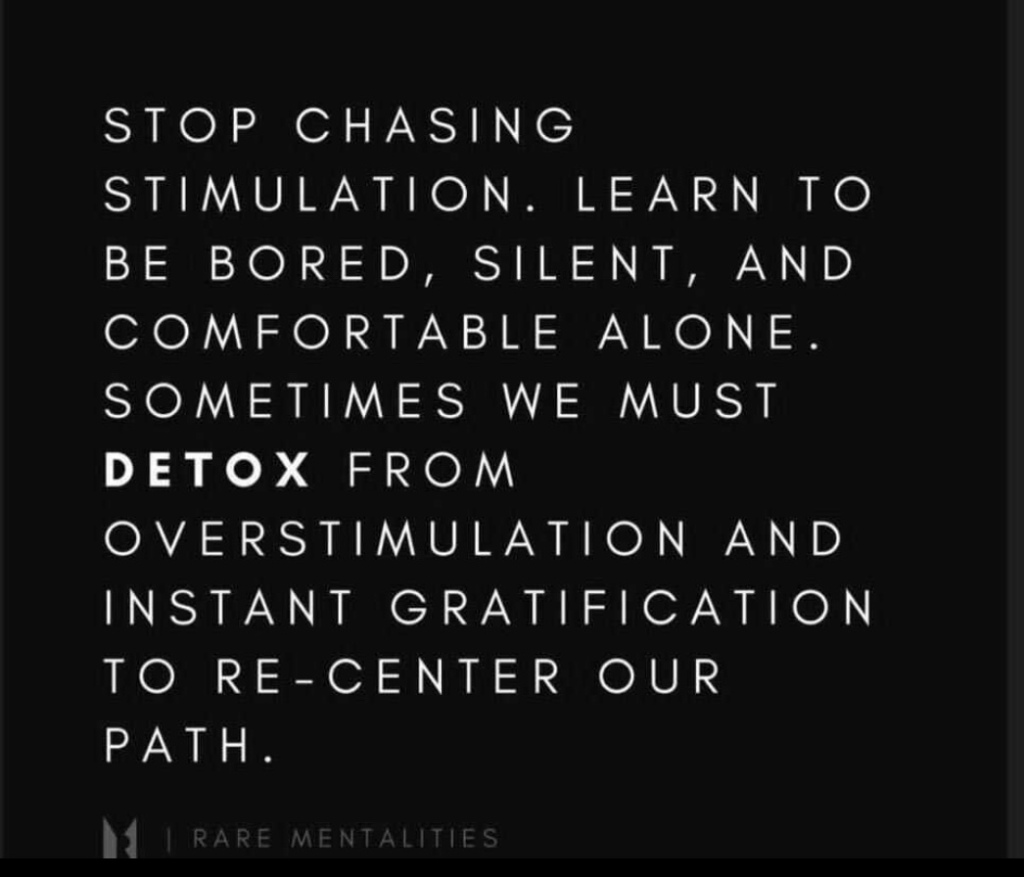Have you ever picked at a string in a piece of fabric (a shirt, pants, something else), and that fabric ended up unraveling?
No? Okay, good. Me neither! End of story.
Just kidding.
I’ve done this with actual fabric – and not actual fabric. What I’m saying is that this happens sometimes in the fabric of my own mind. The string is a thought, or more like an impulse. And then the impulse turns into a compulse. My therapist has helped me identify it as a part of my ADHD. But I think maybe it’s not entirely specific just to ADHD. So, I’m quite curious if it’s something you have experienced?
And yes, compulse is a real word. For purposes of this post, I’m using it somewhat improperly, as it’s an action verb and I’m using it more as a noun. But it fits my context and purpose.
I got a compulse recently. A thread of thought formed in my mind. A mere suggestion at first. But I knew it was going to be a problem. Like that string poking out on a pair of jeans. I felt “unsafe” in sharing about it with anyone else, reasoning (with myself) that I didn’t want my compulse to become their trigger.
Quick rabbit trail of sorts:
Trigger. It’s a buzz word. Triggers seem to be everywhere! People include “trigger warnings” even in stuff they blog about. Others talk about “being triggered” by all sorts of things. Trigger isn’t just a buzz word, it’s a very well-worn word. But what is a trigger? I mean, literally, it’s the mechanism on a weapon or other device. But the word that gets thrown around so much is really referring to the phrase trauma trigger, which is “a psychological stimulus that prompts involuntary recall of a previous traumatic experience”. Yeah, I got that straight from Wikipedia. Bottom line: not everything that is called a trigger is actually a trigger. Not even close! I’ll also quickly mention that (actual) trauma always involves an adverse experience. Have you heard of the ACES scoring? Trauma forms from adverse experiences but not every adversity will automatically result in trauma – because different people experience and process adversity in wildly different ways. When adversity is not processed in a healthy way, however, it gets “stuck” – as trauma. And then people get “triggered” by their trauma.
What’s the difference, then, between a (trauma) trigger and my use of the word compulse? A trigger prompts involuntary recall, whereas what I’m calling a compulse prompts involuntary – and unhealthy – curiosity (not recall). A trigger brings into the present a trauma from the past. A compulse starts in the present with an idea that is not rooted in the past.
So…jumping out of the rabbit hole…I don’t want my compulse to ever trigger someone else’s trauma. But it could still happen. After all, involuntary recall is…involuntary! But when this compulse hit me, I chose not to talk about it with anyone. I reasoned (poorly) with myself that I was keeping those around me safe by not talking about it. And besides, I could handle it.
Connection is the opposite of addiction.
I’ve heard, read, and said this phrase at least a thousand times over the course of my recovery journey (so far). I thought I could handle it.
And then, in isolation, I kept picking at the string.
Pretty soon, the fabric of my mind started to unravel. My choices became less reasonable. Still, I fought to handle it on my own. I also tried to hide the emerging “snag” – loss of energy, distraction, headaches, chest pains, and shoulder tension. All these were messages from my body, telling me “this is not going well at all, please stop!”
Then, in a panic state, I decided maybe I needed to talk about it. First, my “sponsor” (not the title I use but hopefully that decently communicates his role). Then several other guys in a virtual recovery meeting. A local friend. My wife. All returned a compassionate and caring response. And, the compulse lost its appeal/energy.
Then, today, my therapist and I talked about it together. She talked me through strategies/tools for working through a compulse, next time it happens – which I’m sure it will. I’m not anxious to try them out – I hope for a long lull before something like this happens again. But I’m grateful to have some better options. And this I know: my first strategy will be to go ahead and talk about it first, before I unravel.



